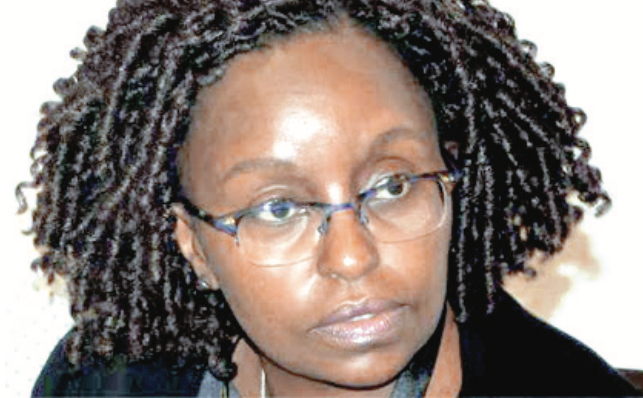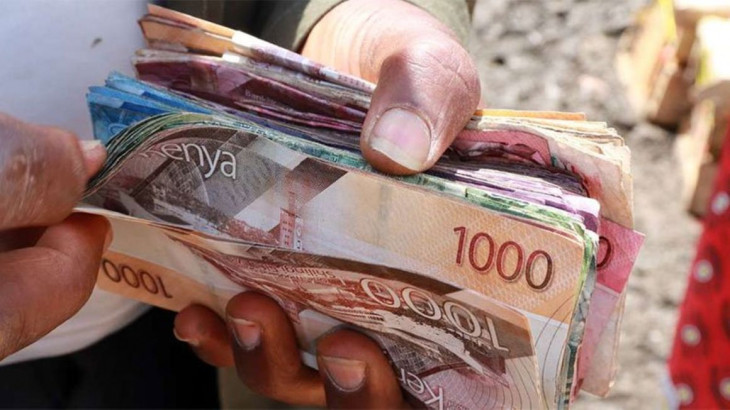ICPAK advocates for equitable tax system to curb revenue loss

Institute of Certified Public Accountants of Kenya (ICPAK) has called for an equitable tax system for small businesses to prevent loss of revenue through tax arbitrage.
Tax arbitrage, a legal yet potentially problematic practice, involves exploiting differences in tax treatments across various types of income and transactions.
The approach can lead to reduced government tax revenue. Tactics such as attributing revenues to low-tax regions and expenses to high-tax regions are often used to minimise the overall tax bill. If widely adopted, these practices can result in significant tax revenue losses for governments.
Encouraging compliance
In its recommendations on the draft budget policy statement on ways to transform the micro, small, and medium-sized enterprises (MSMEs) sector, ICPAK proposed the lowering of tax rates to a maximum of 25 per cent for both individuals and corporates to eliminate tax arbitrage and ensuring a fairer tax burden distribution and encouraging compliance.
They advocated tor adopting “a simplified, easy to administer non-disruptive taxation system that is easily understandable to MSME actors and lower tax rates to maximum 25 per cent for both individuals and corporates to remove tax arbitrage.”
Currently, MSMEs in Kenya are subject to a Turnover Tax (TOT), applied at a rate of 3 per cent on their gross turnover. However, ICPAK has noted that Kenya has a narrow tax base, with the majority of informal sector players not within the tax net.
The accountants body said a multiplicity of taxes for MSMEs, including county and sectoral regulatory taxes, fees, levies, and compliance contributions, might cripple the sector in the long run. This over-taxation has dampened their willingness to comply.
In addition to tax reforms, ICPAK suggested leveraging technology and data management to identify potential taxpayers and establish an effective registration mechanism.
They recommended that all legal entities with a Personal Identification Number (PIN) maintain proper accounting records, adding that entities generating over Sh15 million annually should be subject to audit and tax agent representation.
The TOT has been a point of contention, with the argument that it increases the operational costs of small enterprises. In 2020, the government reduced the TOT from 3 per cent to 1 per cent, but it was adjusted back to 3 per cent last year.














